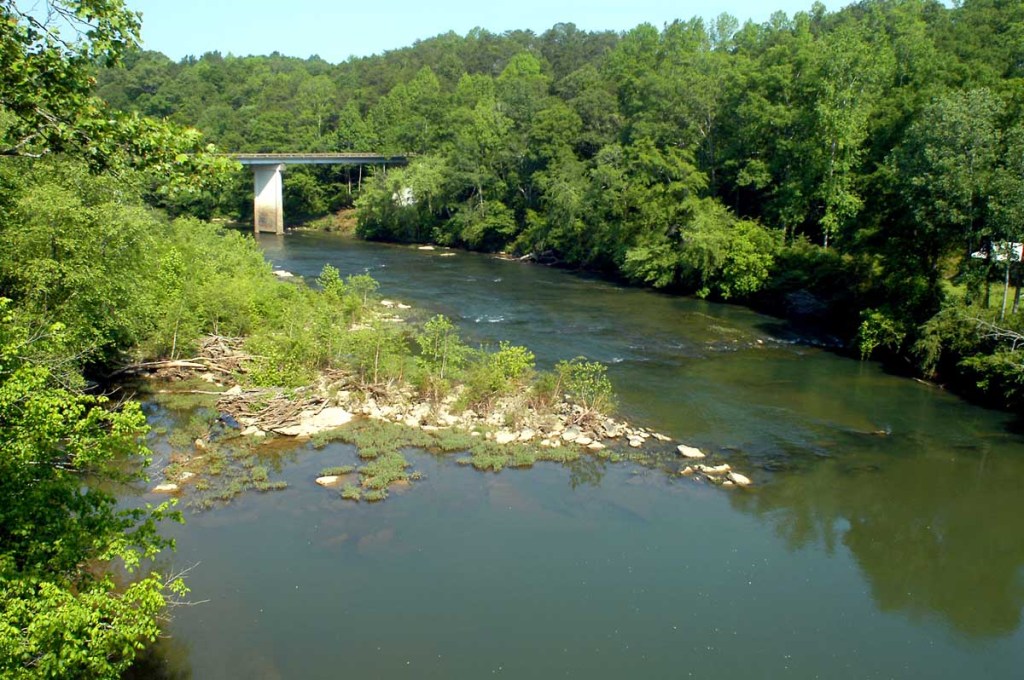Year in review: Fish killed at the Mulberry Fork
Published 5:05 am Saturday, December 21, 2019

- Mulberry Fork in Garden City.
EDITOR’s note The Cullman Times takes a look back at the top stories from 2019. There is no scientific method to our selections, so if you disagree, feel free to share on our FaceBook page which stories meant the most to you. Our Number 7 story – Fish killed at the Mulberry Fork.
This summer’s wastewater spill at River Valley Ingredients’ plant near Hanceville dumped hundreds of thousands of gallons of wastewater into the Mulberry Fork of the Black Warrior River and killed at least 175,000 fish along 50 miles of the river.
Trending
A spokesman for Tyson Foods, the owner of River Valley Ingredients, said 220,000 gallons of partially treated wastewater gushed into Mulberry Fork and downstream during the incident at the plant, but the Alabama Department of Environmental Management reported that up to 800,000 gallons of wastewater could have leaked into the river.
According to the company, a temporary pipe that had been installed by a contractor failed and caused the leak into the river.
In the days following the spill ADEM measured high levels of E.coli in the river, but River Valley Ingredients reported that the fish were not killed by any chemicals released into the water, but were instead killed by low levels of oxygen in the water. A week after the spill, the company said the oxygen levels in the water had returned to normal and the river was safe for recreation.
In 2016, the same facility — then operated by American Proteins, Inc. — was fined for killing 40,000 fish after 900 gallons of acid spilled into the river.
ADEM hasn’t released any updates on the investigation since June, but Black Warrior Riverkeeper, a nonprofit environmental watch group, has encouraged a stiff fine for River Valley Ingredients, and asked that ADEM force the company and others along the water system to use better technology in an effort to guard against accidents.
“The hidden part of this is that the pathogens can live in the sediment for a long time,” Riverkeeper Nelson Brooke said in. “For Alabamians, we eat a lot of fish and do a lot of hunting. The quality of our natural resources, whether its the water or forests, will ultimately affect us.”





